April 2023; issue 3.2
Contents
- “Betrayal and Hope” Stephen Ernst
- “In a Dense Landscape,
Can Trees and Housing Co-Exist?”
Martha Baskin - Environmental Resources
- Environmental Quotes
- Ongoing features:
Peace to the Planet:
All Life Is Sacred
“Climate change is the single biggest thing that humans have ever done on this planet. The one thing that needs to be bigger is our movement to stop it.” — Bill McKibben
This issue of Peace & Justice is about saving our earth. We are like the guy in the cartoon sitting in a tree, sawing off the limb that he’s sitting on, but it’s not funny.
We hope you enjoy these articles, and that you will share them with your family and friends. Seattle Peace Chorus invites you to subscribe to this newsletter. Future issues will have interesting information on themes that emphasize the desire that you share with us for a more just and peaceful world: Subscribe here.
Betrayal and Hope

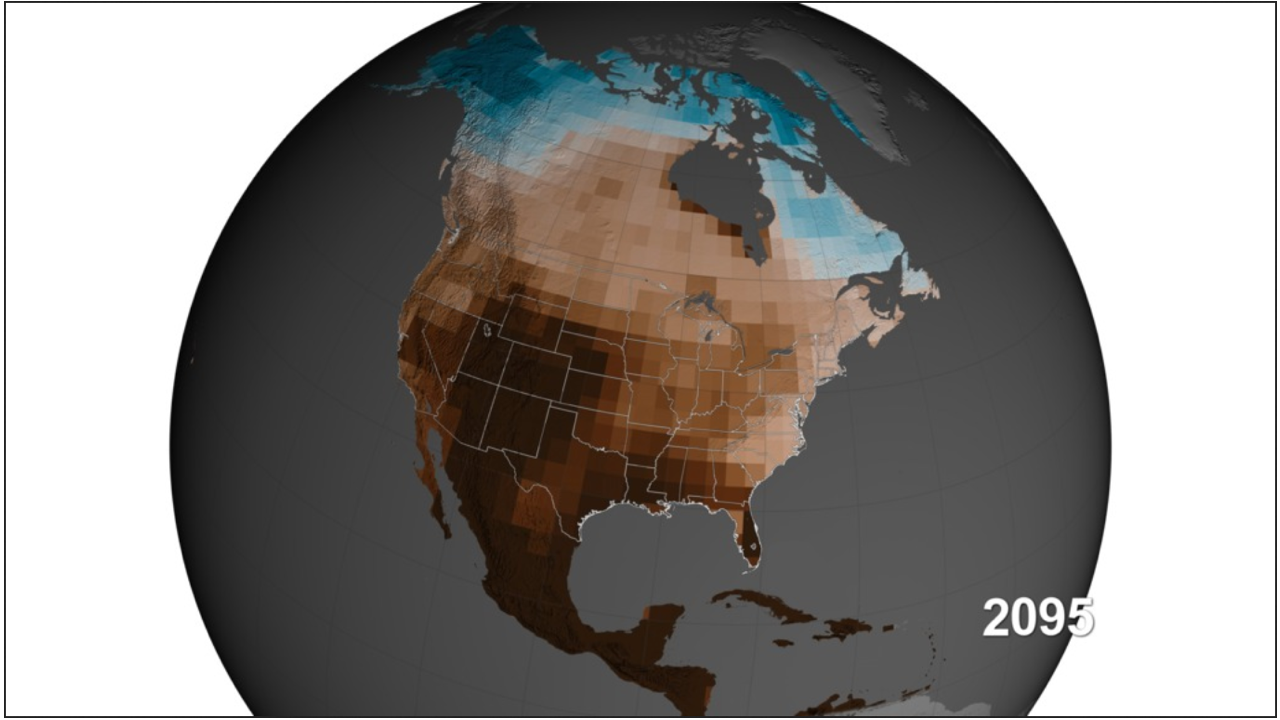
It’s entirely reasonable to have felt a sense of betrayal upon hearing of President Biden’s recent approved of ConocoPhillips’s Willow project—an $8 billion plan to extract 600 million barrels of oil from federal lands in Alaska. Particularly so after he campaigned hard on the promise of “no more drilling on federal lands, period. Period, period, period.”
However, if one is committed to looking on the bright side of things, it seems entirely possible that ConocoPhillips may actually extract very little, if any, oil from their Willow project. As David Wallace-Wells noted recently, the Green Transition is rapidly underway and it’s happening faster than many climate campaigners believed possible just a few years ago. For one, Russia’s invasion of Ukraine and subsequent cutting off of natural gas to Europe has turned Europe’s energy crisis into a green energy sprint. But the biggest factor in the drop in the cost of renewable energy is the plummeting price of solar panels. In the past decade the cost of solar power has dropped by 90%.
So, it appears that the world is in a race: will the cost of renewable energy continue to fall fast enough that before the Willow project can be fully developed, the cost of extracting its oil will no longer be cost-justified. And if there’s one thing we can depend on from Big Oil, it’s that it will not pursue activities that are not profitable.
The Drawdown Project has played an important part in this transition by focusing its considerable scientific expertise on building a library of nearly 100 scientifically-viable climate solutions rather than emphasizing the disastrous consequences of failing to deal with the climate crisis. The solutions are divided into nine sectors such as energy production, agriculture and land use, industry, transportation, building, and land sinks. Each solution has been thoroughly vetted as to its current availability, its scalability, cost to implement, and total emissions reduction if implemented.
Project Drawdown’s latest effort is the creation of the Drawdown Roadmap that lays out a clear path, a step by step plan to achieve net-zero emissions by 2050. From its website: “The roadmap shows how recognizing co-benefits of climate solutions that improve health, well-being, equity, and more can help accelerate action. It also underscores the importance of pulling multiple levers to scale climate solutions—including changes in policy, capital flows, business models, technology, and behavior.”
A full-length Drawdown Roadmap video series will be released in April, but, until then, you can view a wonderful preview in a TED talk presented by Project Drawdown’s executive director Jonathan Foley. I’m confident in predicting that if you take the 15 minutes needed to watch this TED talk, you will come away with a more hopeful view of he future.
In a Dense Landscape, Can Trees and Housing Co-Exist?

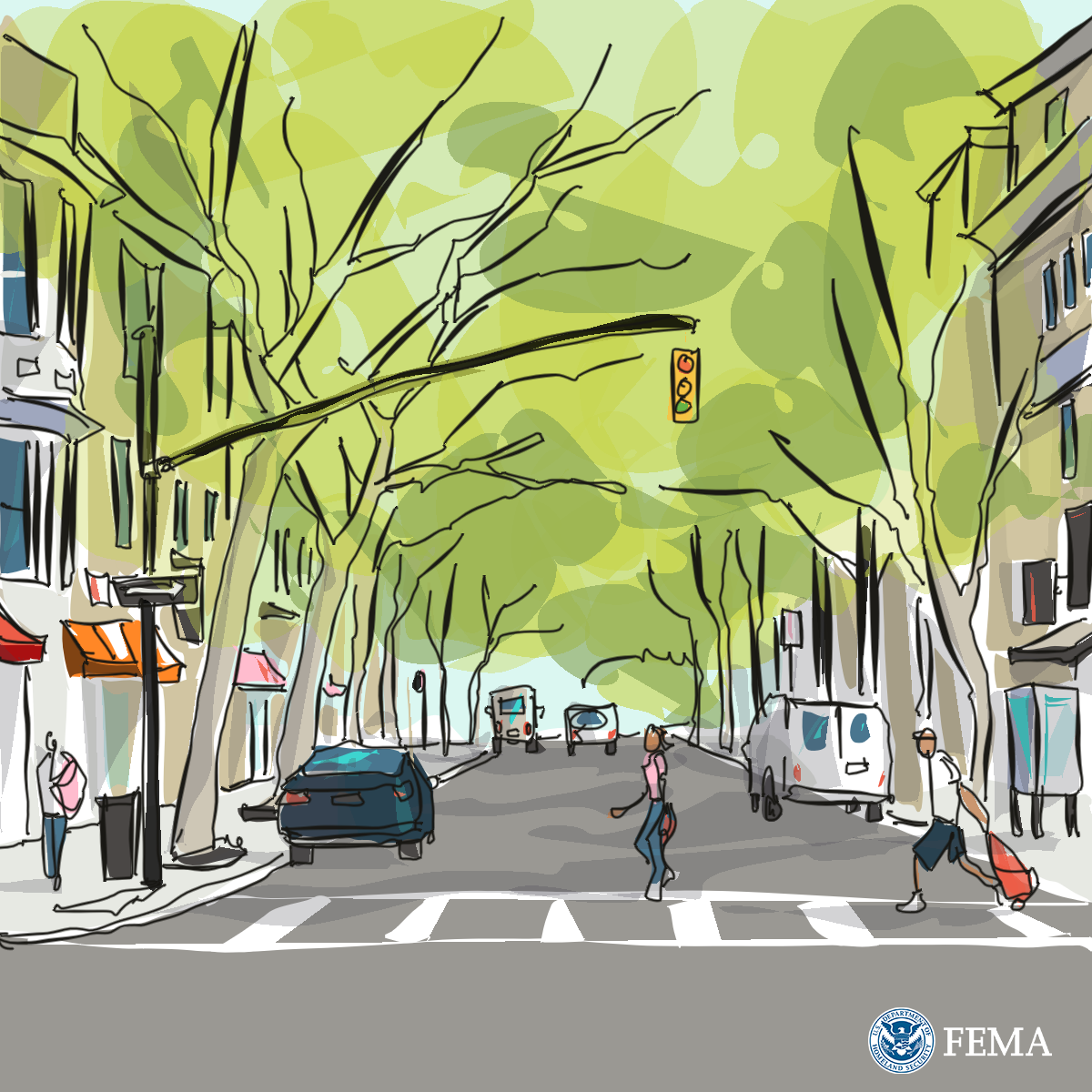
Introduction
In the face of rapid residential development, Seattle’s urban trees are in the crosshairs. Sixty percent of the city’s urban canopy is on residential lots. Tree advocates say housing and trees can co-exist, but have yet to convince the city’s Department of Construction and Inspection (DCI), who recently issued a new draft tree protection code. As in previous drafts, maximizing a lot’s development potential outweighs protecting existing trees on site.
Why does it matter? Trees are the lungs of our planet. We and other species rely on them. They reduce storm runoff and flooding. And during extreme weather, they’re climate warriors, cooling local neighborhoods and filtering polluted air.
This story examines support for increased canopy coverage and urban tree protections in the City of Seattle, and the decisions that determine it.
Speaking for the Trees
Rich Ellison looked up at a 30-foot-high Cedar tree across from a row of townhomes under construction in NE Seattle. “It’s got a healthy canopy and it’s definitely going to be tremendous wildlife habitat. It’s in the planting strip so it’s likely protected from any future incursions of development. But everything is at risk here in the city,” he says. A member of the advocacy group, TreePac, and a biologist, Ellison has been pushing city leaders to adopt a tree code that protects existing trees during construction for years.
Before the townhomes were built, the lot had trees and dense vegetation, says Ellison, but all were cut down by the developer. City code allows builders to cut down any tree that interferes with maximizing a lot’s development potential.
A new draft tree code was issued by DCI late last month and may go before the city council this spring. Over the years, advocates like Ellison have had some success in stopping exceptional and significant trees from being cleared on lots not undergoing development. Exceptional and significant trees are defined by virtue of their size, species, age, and cultural or historical importance. But none are protected if a developer is unwilling to work around them.
“Right now we’re trying to get the city council and the new mayor, who has said he doesn’t want to see Seattle become barren, birdless, and treeless—that he will put a change on this approach by DCI and get them to listen more to the urban forestry commission,” Ellison explains.
Environmental Resources

Earth Day Saturday 22 April
For events and opportunities to volunteer:
Organizations Working to Improve the Environment
You aren’t the only one who is concerned about the environment. Here are lists of organizations that work for a sustainable future:
- 35 Environmental Organizations and Nonprofits For a Sustainable Future (List and Ways You Can Get Involved), Green Dreamer
- 25 Top Environmental Non-Profits, Cyndi Meuchel, Money Minder, April 9, 2014
- Environmental Organizations: 8 NGOs and Non-Profits Worth Supporting, Utopia.org
- Top 23 Global Nonprofits Protecting the Environment, Raj, donorbox blog, 19 May 2022
Organizations that Members of Seattle Peace Chorus Support
Here is a list of organizations that members of Seattle Peace Chorus support, among many good organizations working for the environment:
- 350 Seattle - people power for a thriving planet [350seattle.org]
- Third Act - building a community of Americans over the age of sixty determined to change the world for the better. [thirdact.org]
- Sunrise Movement - a youth movement to stop climate change and create millions of good jobs in the process [sunrisemovement.org]
- EarthJustice - because the earth needs a good lawyer. [earthjustice.org]
- National Resources Defense Council - defending our air, water, communities, and wild places [action.nrdc.org]
- Conservation Northwest - 30 years protecting wetlands, connecting habitat and restoring wildlife. Instrumental in negotiating protections for spotted owls. [conservationnw.org]
- Jane Goodall Institute - conservation for the common good—one that builds on our connections to each other, our fellow species, and the natural world we all share. [janegoodall.org]
- Project Drawdown - providing resources for climate solutions [drawdown.org]
- The Pachamama Alliance - healing ourselves and the Earth [pachamama.org]
- Washington State Sierra Club - working together to protect our communities and the planet. [sierraclub.org/washington]
- Friends of the Earth - a bold voice for justice and the planet [foe.org]
- Climate Solutions - promoting clean energy solutions since 1998 [climatesolutions.org]
- TreePAC and Don’t Clearcut Seattle! - campaigning to preserve Seattle’s tree canopy [dontclearcutSeattle.org]
- Bioneers | Collective Heritage Institute - breakthrough solutions for people and planet [bioneers.org]
Environmental Quotes

 “Those who contemplate the beauty of the Earth find strength that will endure as long as life will last. There is symbolic as well as actual beauty in the migration of the birds, the ebb and flow of the tide, the folded bud ready for Spring. There is something infinitely healing in the repeated refrains of nature; the reassurance that dawn comes after night and Spring follows Winter.” — Rachel Carson
“Those who contemplate the beauty of the Earth find strength that will endure as long as life will last. There is symbolic as well as actual beauty in the migration of the birds, the ebb and flow of the tide, the folded bud ready for Spring. There is something infinitely healing in the repeated refrains of nature; the reassurance that dawn comes after night and Spring follows Winter.” — Rachel Carson
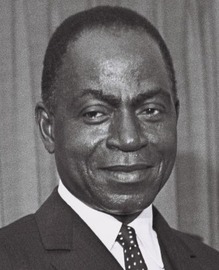 “Man has gone to the moon but he does not yet know how to make a flame tree or a bird song. Let us keep our dear countries free from irreversible mistakes which would lead us in the future to long for those same birds and trees.” — Félix Houphouët-Boigny
“Man has gone to the moon but he does not yet know how to make a flame tree or a bird song. Let us keep our dear countries free from irreversible mistakes which would lead us in the future to long for those same birds and trees.” — Félix Houphouët-Boigny
 “When the last individual of a race, or species of living things breathes no more, another Heaven and Earth must pass before such a one is seen again.” — William Beebe
“When the last individual of a race, or species of living things breathes no more, another Heaven and Earth must pass before such a one is seen again.” — William Beebe
 “The movers and shakers on our planet, aren’t the billionaires and generals, they are the incredible numbers of people around the world filled with love for neighbor and for the earth who are resisting, remaking, restoring, renewing and revitalising..” — Bill McKibben
“The movers and shakers on our planet, aren’t the billionaires and generals, they are the incredible numbers of people around the world filled with love for neighbor and for the earth who are resisting, remaking, restoring, renewing and revitalising..” — Bill McKibben
 “. . . And now, let us pray, differently, yet together, before there is no earth, no life, no chance for peace.” — Mattie J. T. Stepanek, Excerpt for Our World, 2001
“. . . And now, let us pray, differently, yet together, before there is no earth, no life, no chance for peace.” — Mattie J. T. Stepanek, Excerpt for Our World, 2001
Announcements
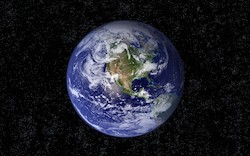
Mark your calendars!
2023 Feast for Peace
Seattle Peace Chorus will celebrate our 40th anniversary in person on Sunday 30 April 2023, 4pm at Mount Baker Community Center. Join us so we can share with you delicious food, fine wine, and highlights of our trips and concerts. Our goal is to raise funds to help us continue to inform and inspire others. We have chosen to raise our voices for peace and justice.
Peace to the Planet
Seattle Peace Chorus will present “Peace to the Planet,” directed by Frederick N. West, at Phinney Ridge Lutheran Church on Saturday 3 June 7:30 pm and Sunday 11 June 5 pm.
We sing songs affirming the universal rights of justice and freedom, with the desire for peace and compassion toward all people and the planet that sustains us all.
7:30 pm Saturday 3 June 2023
5 pm Sunday 11 June 2023
Phinney Ridge Lutheran Church,
7500 Greenwood Ave N, Seattle, WA 98103
Words from our Director . . .
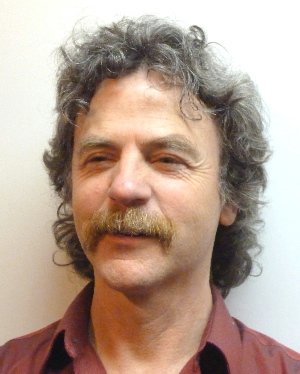
Seattle Peace Chorus spring 2023 concert, “Peace to the Planet,” will include movements from the environmental oratorio, “Upon This Land,” which I composed in 1990. We will also sing other works celebrating the beauty of the earth and calling for stewardship of the land.
Our work this year will be to integrate the human struggle with that of our very home planet, in celebration, joy, reverence, and a call to come forth and be together in this most worthy and all important movement. As we care for the people of the Earth, we look to the very planet’s survival.
Climate change is right now at our door, with recent wildfire smoke and alarming heat waves challenging us all to simply breathe clean air and not be sweltering in our typically cool Northwest lands.
We will be looking for ways to align ourselves with local and international environmental groups to learn what real steps can be taken now to ensure that our grandchildren inherit a habitable world.
Not by Human Hands
The world is made of divine matter and unmade by human hands,
The Earth is made of mud and clay, and we seek survival through the hour glass sands.
The planet spins on its imaginary axis, and we must
build back the land,
for children, for families, for generations not yet born,
tired and worn must not give into feeling forlorn.
It is not our land and yet it is given unto us the
skill to build and destroy, the skill of stewards to employ,
which road do we choose, which serves us best in the long run?
verdant valleys, or stacks of greenbacks?
build the land or destroy the milkweed of monarch butterflies?
and how can we choose when those with so much power carve
a destructive path,
find clean power and democratic voices,
strong we are when united,
helpless when divided,
find those to unite, and light the signal fires from the high mountain tops
to protect the land, replenish the fish and wildness that calls us to the forest,
The coyotes are in the city now because their uncanny calling reminds of us of wildness in the world.
The Earth is still spinning on its imaginary axis,
let us imagine a planet wild and resilient,
where the deepest call of the humpback whale sings up a storm
and we are reborn
united like many sticks in a bundle, unable to break, that is what it will take
and perhaps to bend to each other rather than call out division,
that is a vision and a healing prayer
Thank You for Supporting Seattle Peace Chorus!
We thank everyone who choses to support Seattle Peace Chorus . . .
The work we do for peace through music runs in, through, and around everything. With peace there is a better chance to meet the climate crisis. With peace, there is a better chance to meet all the human needs of the planet. The ripple effect is endless. Peace through music exponentially increases the chances of this happening. Music sings to the very heart of everything we want and hold dear.
Donating to the Seattle Peace chorus not only helps bring the messages of peace and understanding to our communities and world, it’s also easy to do! We are a 501(c)(3) nonprofit organization, so donations are tax-deductible. Our identification number is 91-1380540.






